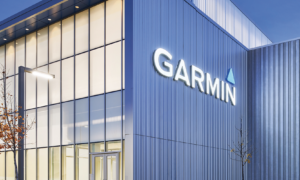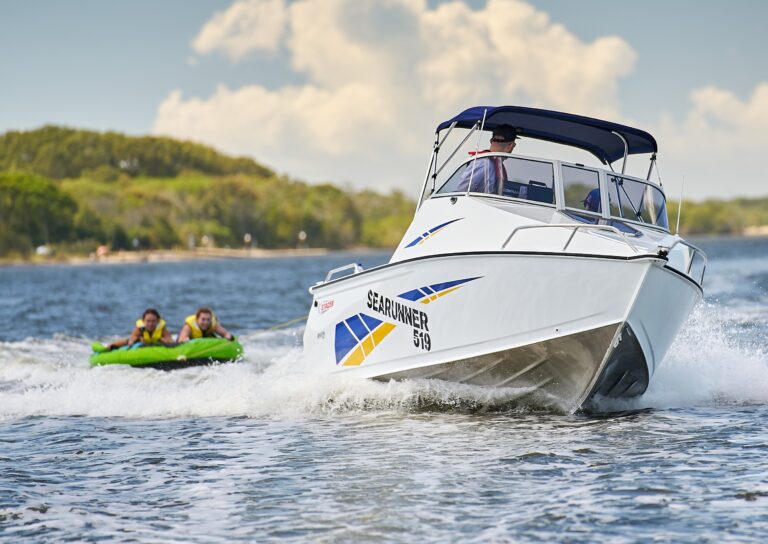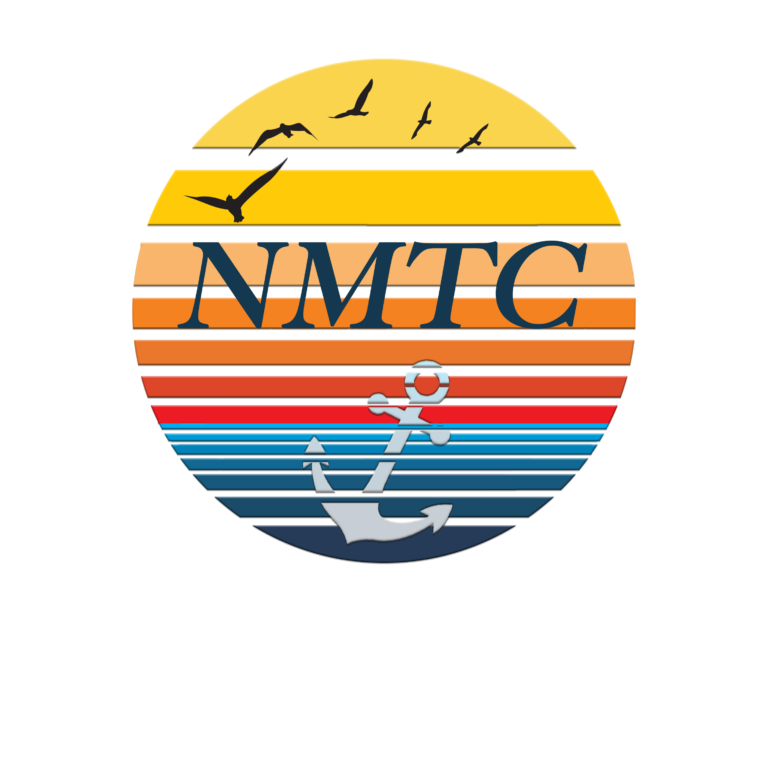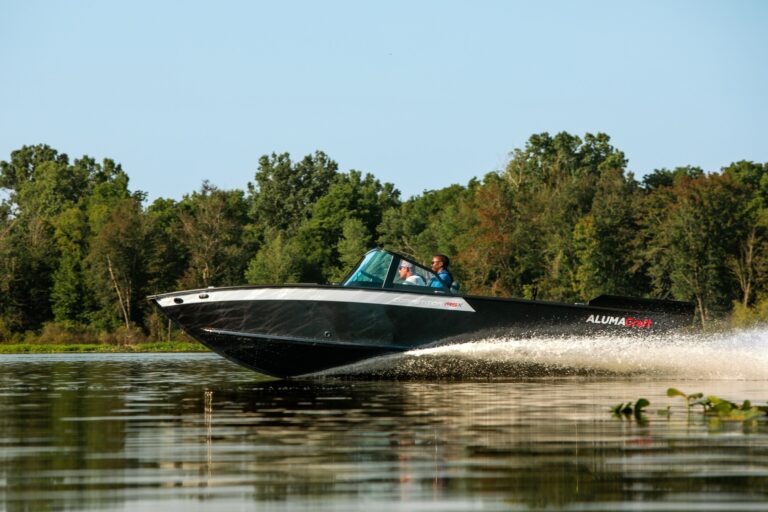During the past year and a half, profound and foundational societal, political and marketplace shifts have occurred in an extremely short window. How have these shifts affected recreational boating?
Where people live has changed. We have seen, and continue to see, large migrations to coastal regions, river corridors and lakefront communities, and away from crowded urban areas. This shift is providing Americans with more convenient and frequent access to waters closer to home.
Where people work has changed. Commutes have shortened or completely disappeared, with many employees not returning to their former office environments. Business leaders are allowing working from home, and most offices are closing or shrinking. This trend provides consumers more time for close-to-home outdoor recreation — and, as we have seen, they have sought the outdoors in droves.
How people play has changed. The pandemic reminded us that life is way too fragile and too short to be wasted. Americans have re-evaluated what’s most important in their lives, and safely spending time with friends and family on the water and in a boat has made the cut.

These shifts have broadened and redefined the outdoor recreation lifestyle in a way we have never seen. There is a renewed and lasting appreciation for a life well-lived. Meanwhile, today’s consumer has more disposable income and less debt than at any time in living memory. Overwhelmingly, consumers are spending their dollars on recreation: boats, RVs and a wide variety of other outdoor activities. The only hitch preventing recreational boating from seeing the greatest gains in our industry’s history is our ability to meet and service the demand.
Key to recreational boating reaching its full potential is Discover Boating, which is powered by your two leading industry associations: the National Marine Manufacturers Association and the Marine Retailers Association of the Americas. These member-owned programs raise our collective voice to grow and retain interest in the boating lifestyle, and to foster participation in emerging consumer markets.
Discover Boating plays an important role by building awareness for the boating lifestyle, turning new participants into boat buyers and raising the bar of our consumer experience. Central to Discover Boating’s go-forward strategy is uniting with industry-owned boat shows to be more consistent and louder in each of our major boating markets. This effort will kick off at the 2022 Miami International Boat Show and will be completed throughout the NMMA shows in the 2023 season.
As we prepare for the 2022 show season, consumer interest in boating and boat shows remains high. Year to date, consumer visits to the DiscoverBoating.com boat show section are up 1,000 percent, and emails to our showgoing community are sustaining open rates far above industry averages.
Our effort to highlight Discover Boating across our major-market boat shows will turn these reimagined outreach events into a distinct competitive advantage, and will help cement industry gains. We will invite more Americans to experience the boating lifestyle, educate consumers, advocate for our issues and ensure that we stand out from other outdoor recreation activities.
In addition to the NMMA’s market expansion efforts on behalf of the industry, advocacy is the other critical pillar of growing and sustaining recreational boating. This year, we prevented the European Union’s 25 percent tariff on American-made boats from doubling. And we’ve engaged extensively with the U.S. Department of Commerce, congressional allies and international partners to move closer to a comprehensive resolution that eliminates the punitive tariff and levels the playing field for American boatbuilders. We’re also working to re-establish the Section 301 tariff exclusion process — tariffs that have affected more than 300 commonly used marine products, costing the industry and consumers tens of millions of dollars a year.
The NMMA is also monitoring the 30 by 30 movement — an initiative aimed at combating climate change by conserving 30 percent of our oceans and lands by 2030. Our message is simple: Protect access for recreational boating and fishing. And the Biden administration heard us. The preliminary 30 by 30 report prominently references the importance of preserving access, a direct product of the NMMA’s and the broader outdoor recreation industry’s engagement with policy-makers leading up to the report’s release.
With the influx of new participants on the water, a number of states and localities have attempted to restrict boating access related to water sports. In response, the NMMA, in coordination with the Water Sports Industry Association, launched a campaign to oppose these closures and advance industry-backed solutions. We’ve prevented punitive boating-access restrictions in more than 10 states this year, and we are well-positioned to build on this success.

Infrastructure remains a hot topic in Washington, D.C., and we’re working to secure several top priorities, such as expanding boating access and facilities, reauthorizing the Sport Fish Restoration and Boating Trust Fund, incentives for next-generation marine propulsion systems, and climate resiliency measures as Congress inches closer to a final package.
We are also actively engaged with the Environmental Protection Agency and many other federal and state regulatory agencies to ensure that the materials we use to safely, affordably and durably construct and power boats remain widely available to American boatbuilders and consumers.
As an industry, we have faced many challenges during the past year and a half, but we have a lot to look forward to as the world permanently redefines how and where it lives, works and plays. We must continue to build a stronger and more diverse consumer pipeline because the consumers we are selling to today are not the consumers we need to engage tomorrow. We all can do a better job of attracting entry-level customers, addressing diversity and servicing the end consumer.
We must also continue to build political champions and remain politically smart because changing politics, policies and regulations never stop. We all can do a better job of engaging our federal, state and local representatives across the political spectrum to ensure that policy-makers — regardless of party — understand what is needed to support our businesses and a thriving recreational boating community.
As an industry, we must continue to share and recommit to our rich legacy of conservation, sustainability and corporate social responsibility. This is important. It matters to our consumers of the future, it matters to our employees, and it matters to our children who will inherit the planet. We all can do a better job of protecting our waterways, sustaining our fisheries and reducing our corporate environmental footprints.
As we look at where we’ve collectively been and where we are headed, we are blessed that the recreational boating lifestyle is winning, but there is more work to do.
Frank Hugelmeyer is president of the National Marine Manufacturers Association.
This article was originally published in the November 2021 issue.











